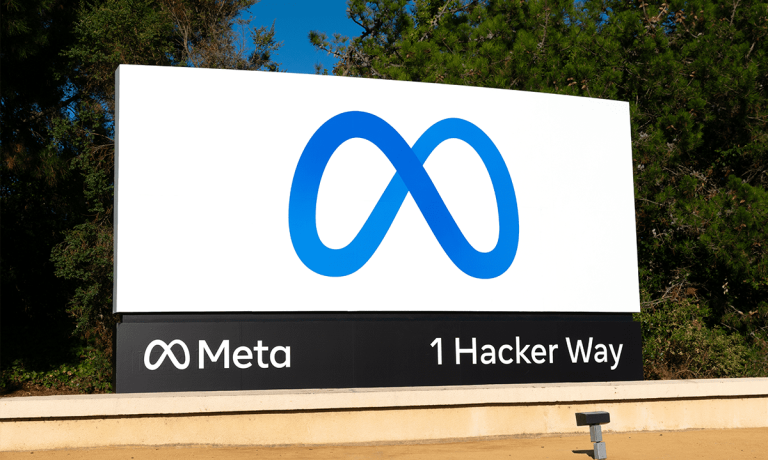Meta Investor: Slash Metaverse Spending, Stop Talking About It

Meta must slash its spending and public focus on the metaverse if it is to “get its mojo back” and stop its sliding share price, a major shareholder said Monday (Oct. 24).
In an open letter, Altimeter Capital Management CEO Brad Gerstner, a longtime Meta investor with 2.5 million shares in the social media and tech giant, warned that it “has drifted into the land of excess — too many people, too many ideas, too little urgency” as a result of its intense focus on a metaverse that even it believes is at least 10 years and $100 billion off.
Calling for Meta to slash metaverse spending from the $10 billion to $15 billion a year that CEO Mark Zuckerberg has promised, Gerstner said Meta should spend no more than $5 billion a year and cut its bloated workforce by 20%.
More to the point, Gerstner said, “people are confused by what the metaverse even means. If the company were investing $1–2B per year into this project, then that confusion might not even be a problem.”
He’s far from the only critic of Meta’s metaverse. A big problem is that it looks far less impressive than other metaverse platforms that are far older, like Roblox and Second Life, or far cheaper, like the fledgling blockchain-based Decentraland and The Sandbox.
The problem is the Meta’s current metaverse was really kludged up on Horizon Worlds, a much simpler and graphically weaker platform that was built as nothing more than a jumping off point for virtual reality (VR) games that use the company’s Oculus VR headset. That’s why the widely derided virtual avatar selfie Zuckerberg posted on Aug. 15 was called out for having 90s-era graphics and “soulless” eyes, to say nothing of a lack of legs other platforms have managed.
A Real Hammering
With Meta’s share price down more than 60% since Zuckerberg changed the company’s name from Facebook on Oct. 28, 2021, Gerstner said its “lack of focus and fitness is … deadly when growth slows and technology changes.”
A great deal of that shareholder punishment has been based on the company’s overwhelming public focus on the metaverse, both because of the size of its investments — Meta’s shares dropped a staggering 20% when its Q4 2021 revenue missed analysts estimates, due in large part to losses in its Reality Labs metaverse division — and because it is perceived to ignoring more pressing issues like the lack of traction gained by Reels, its short-video answer to TikTok.
Meta is set to unveil its third quarter earnings on Wednesday, Oct. 26.
Making the cuts outlined, Gerstner said, would free up $20 billion in capital expenditures. “There is no doubt,” he added, that would improve Meta’s share price.
Reality vs Virtual Reality
Pointing out that Meta’s heavy investment in artificial intelligence, or AI, actually is significantly more than its metaverse spending — and is expected to bring big benefits far sooner — Gerstner suggested it may have been “the re-naming of the company to Meta that caused the world to conclude that you were spending 100% of your time on Reality Labs instead of AI or the core business.”
That is, he added, “certainly the perception.”
Given that Zuckerberg said, “From now on, we’re going to be metaverse first, not Facebook first” at the announcement and called it “the future that we stand for,” the cause of that perception is not hard to figure out.
As it is, a much smaller metaverse investment in the $1 billion to $2 billion range would have allowed Meta to “simply do R&D quietly and investors would focus on the core business and the breakthroughs in AI.”
Gerstner tried to make clear he wasn’t against the company’s metaverse future, saying the company “should be making some of these important investments” in augmented reality (AR), VR and immersive 3D.
Still, he added, meta making an “estimated $100B+ investment in an unknown future is super-sized and terrifying, even by Silicon Valley standards.”
For all PYMNTS crypto coverage, subscribe to the daily Crypto Newsletter.